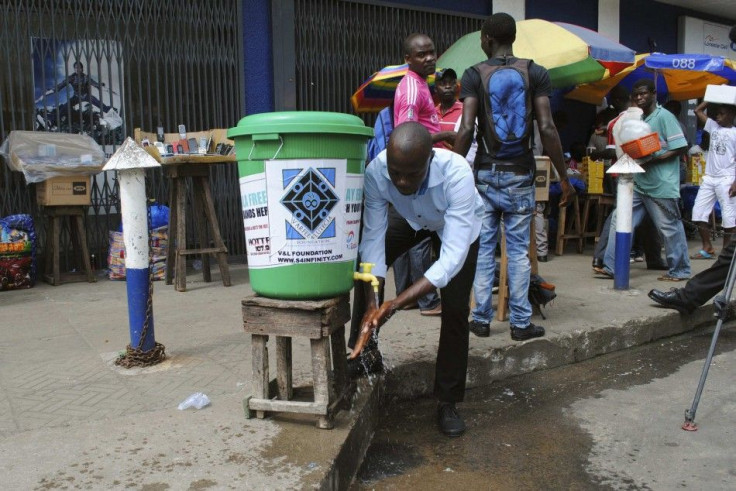UK Starts Ebola Vaccine Trials on Humans

The United Kingdom has started its own Ebola vaccine trials on humans. The country's first volunteer was a former NHS nurse.
The experimental drug developed by the U.S. National Institutes of Health and GlaxoSmithKline was administered into Ruth Atkins' upper arm on Wednesday morning at the Oxford University.
Atkins is one of the first of 60 healthy volunteers in the U.K. The U.S. is likewise conducting a trial of the same vaccine.
The vaccine contains only a small portion of the genetic material from the virus. Atkins, who underwent a clinical assessment and blood sampling, was assured that small portion cannot cause the disease.
Asked why she volunteered, Atkins told BBC said she wanted to help. "The situation in West Africa is so tragic and I thought being part of this vaccination process was something small I could do to hopefully make a huge impact."
If the vaccine proved to be successful, experts will work to immediately manufacture and send it to treat patients in West Africa where the Ebola virus has killed over 2,500 people. Manufacturers will strive to come up with an initial 10,000 doses.
The trials are being funded by the Wellcome Trust, Medical Research Council, and the UK Department for International Development.
Oxford University's study targets to determine that the vaccine yields a good immune response in the people who volunteered, and that few, if ever, will have side-effects.
Blood tests will be carried out within two to four weeks on the volunteers to determine the extent of their antibody response against the Ebola virus.
Anthony Fauci, NIH Institute of Allergy and Infectious Diseases director, said tests on initial volunteers have shown no "red flags" yet.
The U.S. trial is being conducted at the National Institutes of Health Clinical Center in Bethesda, Maryland. Experts are expecting results by year end.
The Ebola death toll plaguing three nations in West Africa has reached 2,461, the World Health Organisation said on Wednesday. The United Nations said over US$1 billion is needed to eradicate and control the rampaging outbreak.
Valerie Amos, the UN humanitarian chief, said Ebola could become a "major humanitarian crisis" in the countries currently affected.





















